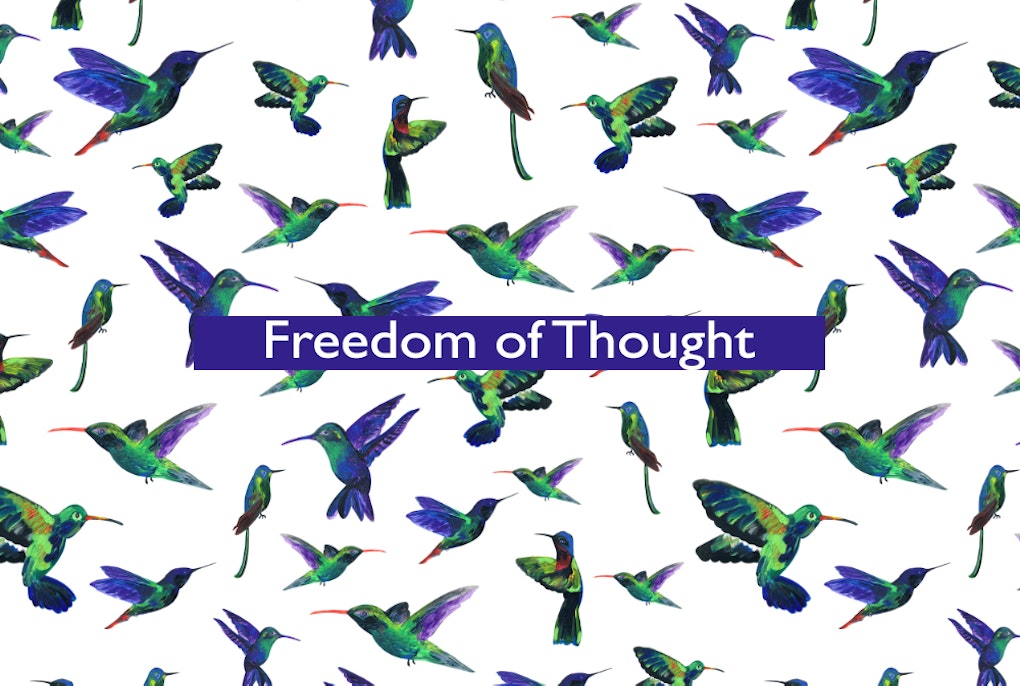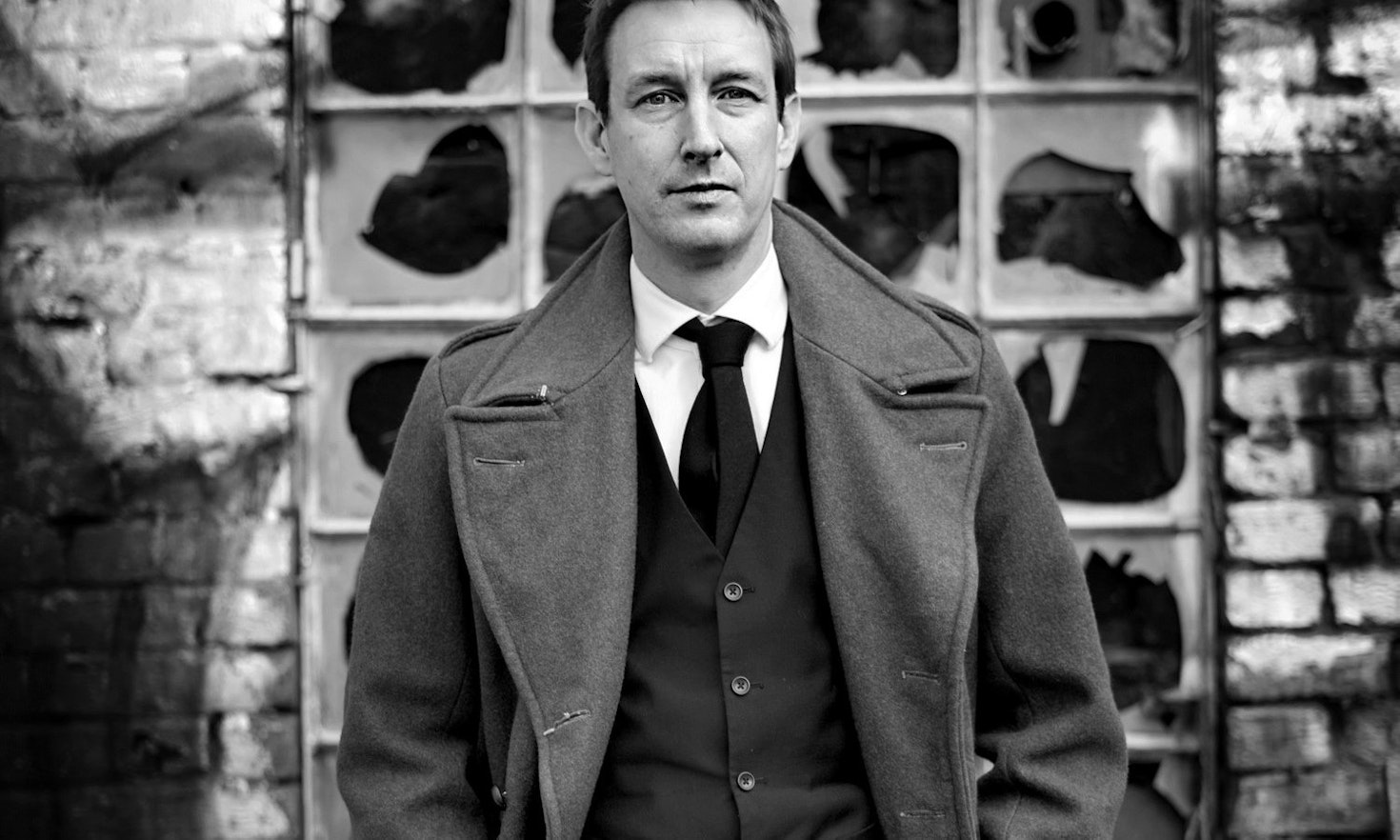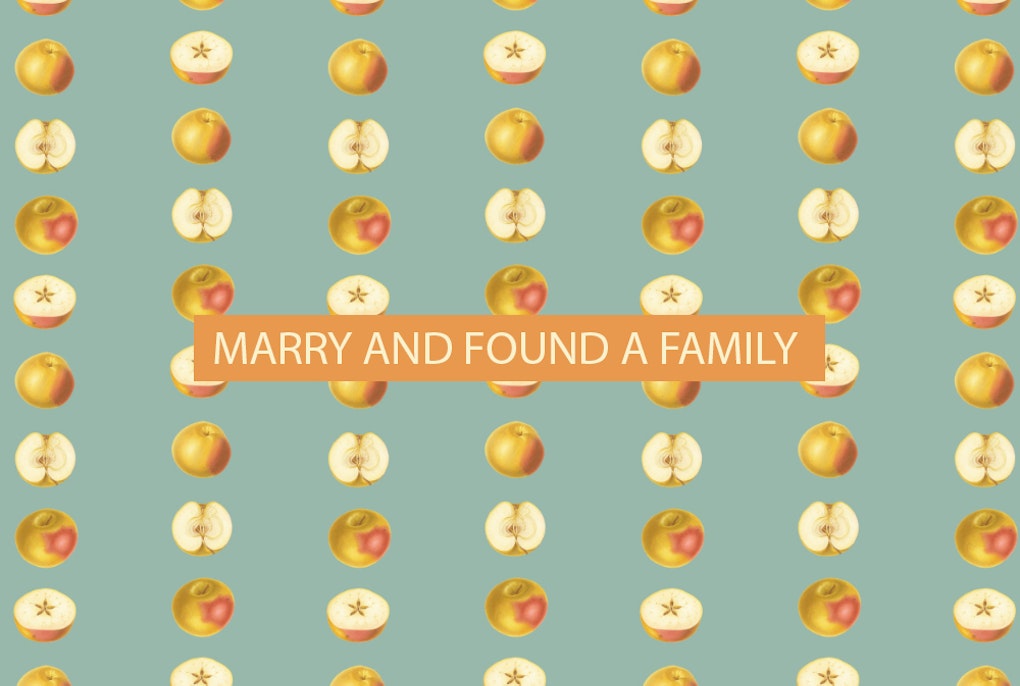
The 10th of all EU-r rights: the freedom of conscience, thought, religion and how the Charter contributes
 Gabriel Toggenburg
Gabriel Toggenburg
Isidoro De Bortoli: Last time we met we were in Trento for the workshop “Europa: Errata Corrige – a Critical Conversation on Europe” and while referring to the diplomatic dimension of Europe, you talked about “Arcana Imperii”. We are witnessing a liberal Europe surrounded by illiberal actors. The most inconvenient secret seems to be the complete loss of the meaning of liberalism. When and how do you think this has happened?
Asle Toje: That is a big question. One part of the answer I found in “Der Fragebogen” by Ernst von Salomon who pointed out that once an ideology takes on universal pretences its adherents stop being self-critical and the ideology becomes incomprehensible to those who do not already subscribe to it. In a sense, this is what happened to liberalism; it morphed into an uncritical globalism that created the migration crisis of 2015. This crisis was important because it triggered the fears of many Europeans: who are my leaders representing, who will protect me from the adverse effects of rampant globalisation? In a sense, the crux of the matter is what politics refers to as the tension between the national or the global. Liberal internationalists had a global outlook which is in the process of being soundly defeated by the new wave of nationalism we see in Europe. I am not as depressed as most of my colleagues by this. What we are witnessing is the marvel of democracy: when political parties fail to cater to the desires of the electorate, they will vote for new parties. The world is always falling to pieces for some and being remade for others. Of course, few expected that “the age of liberalism” would end up being a two-decade intermezzo, but such is the fate of an elite who failed to listen.
De Bortoli: There is a general tendency to establish a dichotomy between national sovereignty and shared/supra-national sovereignty at European level. This is noteworthy because it is in fact possible for nine or more states to develop ‘enhanced cooperation’ to respond to a particular issue or area and thus bypass the need to involve of all 28 EU states. However, EU states have failed to avail of this option. For example, the way Europe has confronted the “migration crisis/question” is emblematic of a failure of the European policy of integration. Do you think it is still possible to solve these tensions or is it too late (and national sovereignty will emerge again)?
Toje: Sovereignty and shared/supra-national sovereignty at European level is not “enhanced cooperation” – it is the chicken and the pig who join up to make eggs and bacon. Only one of them gets eaten. This is the problem of power, it is in important ways a zero sum game, or as my old supervisor Ken Waltz put it: if you put a court above the king, then the court is king. Or as AJP Taylor succinctly put it, what you are suggesting is a “painless revolution” during which men will surrender their sovereignty and independence without noticing they have done so. I believe that the EU should step back from such vision-making and get back to the task at hand; creating the conditions for growth, freedom and stability in Europe. This is not served by another failed project.
De Bortoli: In 1918, Luigi Einaudi – a liberal thinker who would later become Governor of the Bank of Italy (1945-48) and President of the Italian Republic (1948-1955) – wrote: “If we wish to have a new war in 25 years, which will determine the end of Europe, let us choose the way of the Society of Nations; if we wish to try seriously to avoid the specter of total destruction, let’s try to move towards the federal idea”. Do you agree?
Toje: No. I do not believe in a European federation, simply because given the choice between their nation states and a United States of Europe, states will choose the former. A federation would therefore have to be repressive and the EU lacks any apparatus to deal with the wave of dissent that would likely emerge once people understood what their leaders had done. Let’s be honest: the federation will not come about as a result of a referendum. Furthermore, I believe that Europe’s strength over the past 500 years has been the nation states and the reason why Napoleon, later Hitler, failed to establish hegemony. A European federation would be led by Germany, if not in theory, then in practice, which most Europeans, including the Germans, do not want.
De Bortoli: The slow decline of the Merkel Government, the increasing internal difficulties of the Macron Government, the assertive excesses of the Italian Government, the strengthening of the Visegrad coalition, the phantom of Steve Bannon as a flag of anti-Europeanism. All these are – apparently – very negative signs with dangerous consequences for diplomatic relations within European. Considering the proliferation of movements which are pro-sovereignty and anti-European, what kind of a Europe do you imagine after the European Elections? Will Germany still be the driver of European integration if the Merkel Government collapses?
Toje: Yes, Germany will remain the engine of European integration. Perhaps Macron can salvage his presidency and make a pact with AKK (Annegret Kramp-Karrenbauer, ed.) similar to that between Kohl and Mitterand. And perhaps not. I am not so afraid of the “Bannons” of this world. European democracies are turbulent, but stable. The European Union is flawed, yet essential to Europe. In the elections the populists will probably do well, but this will not lead to any political influence. They will make much noise, but change little. My guess is that once the establishment finally understands that it needs to take immigration control seriously, voters will return. Indeed this is what we now see with the Danish social democrats.
De Bortoli: Do you feel a storm is brewing? Italy has been the first G7 Country to sign a partnership in cooperation with China’s the Belt and Road Initiative. Bruno Maçaes, in his recent book, “Belt and Road – A Chinese World Order”, outlines 4 potential scenarios and his worst-case scenario is a possible new Cold War. What scenario do you think is most likely? Could Europe (and, thus, the US) safeguard the principles of transparency and “Western values”? Will mutual agreement be based only on economic principles or also geopolitical ideas?
Toje: Indeed there are storms brewing. Global geopolitics is unbalanced by the transition from unipolarity to a multipolar system which for the first time in a generation makes great power war, the most destructive of conflicts, possible, even likely. The American retrenchment and national interest driven policies have introduced an element of uncertainty regarding who will police the rules of the global order, indeed if anyone will. This encourages risky behaviour and uncertainty. The brewing dissonance between the United States and China will probably be a long-term trend. Europe cannot hide from the geopolitics of globalization, most likely the continent will be divided as competing great powers seek to divide and conquer. This is my cold-hearted assessment. The European Union has failed to effectively respond to the challenges of the new global system, that is a fact and I see scant indicators that this state of affairs will change. Some believe that war is on the cards, I am less pessimistic. Like all past generations we have inherited a world of danger, but also of promise. Crises among great powers do not just happen, they are the results of policy decisions, for better or for worse. The cause of peace remains our chief obligation to those who have gone before us and the generations that will follow.
 | Dr. Asle Toje is one of the five Great Electors of the Nobel Peace Prize and former Director of the Nobel Institute (Oslo). Since completing his PhD at Cambridge in 2006, Toje has lectured and taught at universities in Europe and beyond. His research focuses on the intersection of security studies and European studies. Among his scholarly works are America, the EU and Strategic Culture (2008); The European Union as a Small Power (2010); and Will China’s Rise Be Peaceful? (2018). |
This content is licensed under a Creative Commons Attribution 4.0 International license except for third-party materials or where otherwise noted.

 Gabriel Toggenburg
Gabriel Toggenburg
 Gabriel Toggenburg
Gabriel Toggenburg
 Óscar Moreno Corchete
Óscar Moreno Corchete